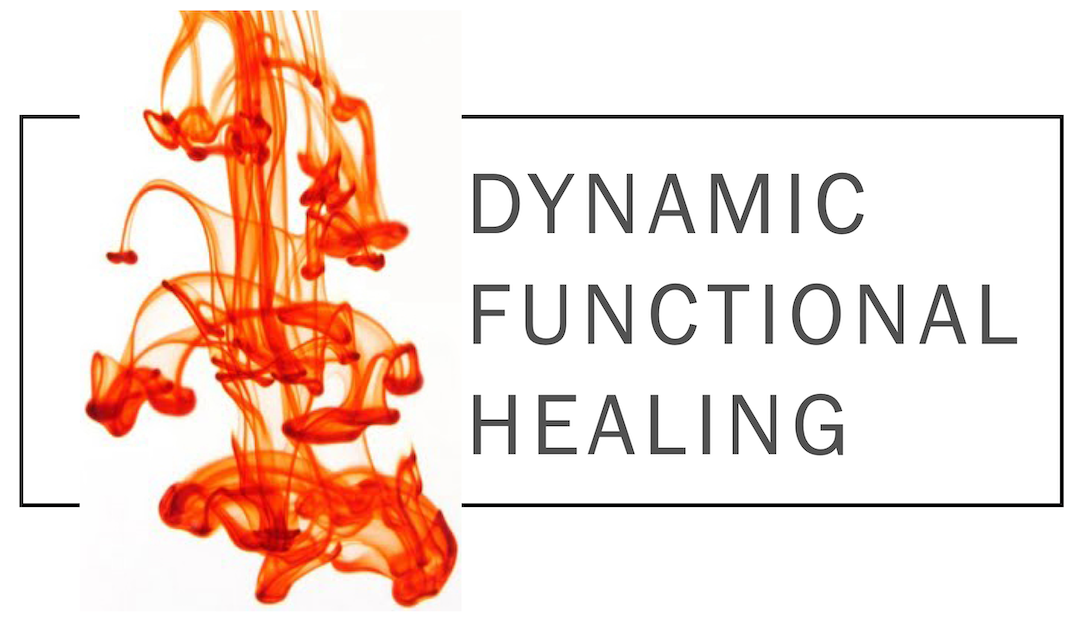Very exciting research this past year by Harvard's Ted Kaptchuk, author of a primer on Traditional Chinese Medicine called The Web That Has No Weaver. He has identified the Placebo Spot in the brain—a region of the frontal lobe—and mapped genetic variations in neurotransmitter pathways that affect individuals' responsiveness to placebos, a system referred to as the placebome. Placebo is a complex neuro response by an individual, involving one's dopamine and/or opioid reward centers, to a caretaker's loving attention. It seems that some people are genetically predisposed to be responsive to loving attention, causing a healing cascade due to changes in neurotransmitters, particularly dopamine and opioids. This calls into question decades of research that pulled small sample sizes, perhaps flawed by genetic bias as it is unknown what percentage of the population is prone to placebo effect. While we have always known that placebo works (much to the disappointment of the western medical establishment), its mechanisms have been shrouded in mystery.
Here's a TED Talk that Kaptchuk did on Placebo in 2014.
